EDITORIAL
Published on 28 Jan 2022
Editorial: Advances in Pediatric Hematopoietic Cell Therapies and Transplantation
doi 10.3389/fped.2022.847288
- 1,512 views
17k
Total downloads
83k
Total views and downloads
Select the journal/section where you want your idea to be submitted:
EDITORIAL
Published on 28 Jan 2022
ORIGINAL RESEARCH
Published on 13 Oct 2021
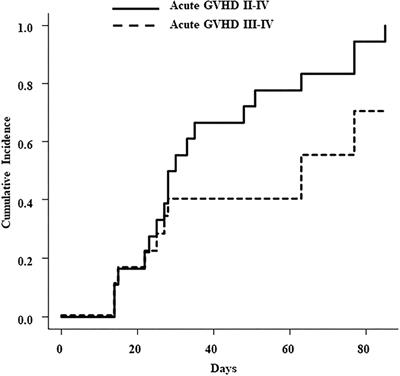
ORIGINAL RESEARCH
Published on 29 Jul 2021
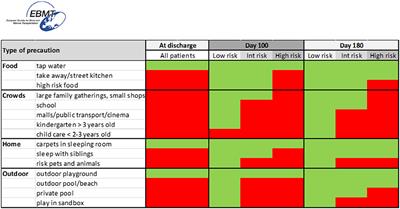
PERSPECTIVE
Published on 19 Jul 2021
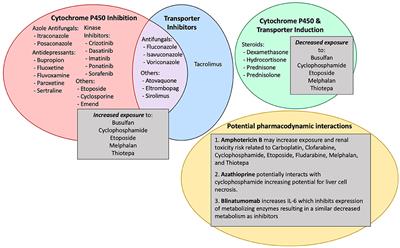
ORIGINAL RESEARCH
Published on 12 Apr 2021

ORIGINAL RESEARCH
Published on 05 Feb 2021

REVIEW
Published on 05 Jan 2021
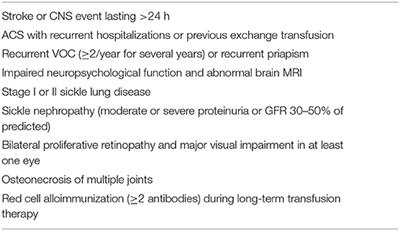
REVIEW
Published on 02 Oct 2020
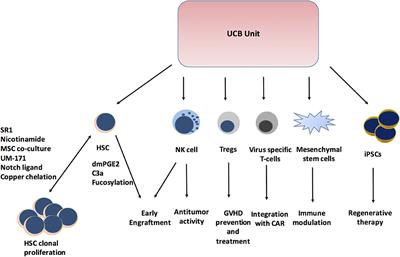
REVIEW
Published on 21 Aug 2020
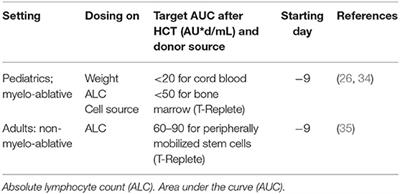
ORIGINAL RESEARCH
Published on 09 Jun 2020

REVIEW
Published on 03 Jun 2020
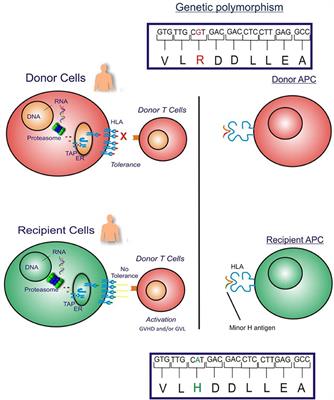

Frontiers in Oncology